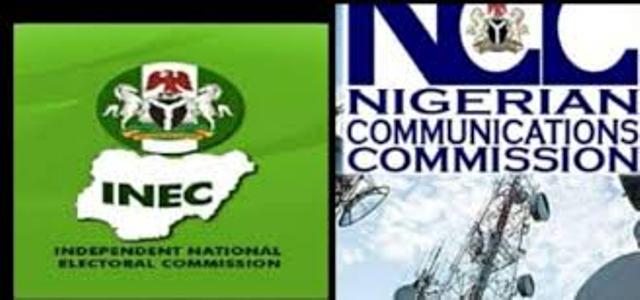Ahead of the 2023 general elections, the Independent National Electoral Commission (INEC) has said it does not need the approval of the Nigerian Communications Commission (NCC) to transmit election results electronically.
It would be recalled that during the debate on section 52(3) of the Electoral Act amendment bill dealing with electronic transmission, the national assembly lawmakers had asked INEC to seek the approval of the NCC before going on with e-transmission of results.
The commission, however, said the decision of the national assembly to subject its constitutional power to conduct elections to the NCC was absolutely unconstitutional.
Speaking yesterday in Abuja at the commission’s third quarterly meeting with media executives, INEC national commissioner and chairman, electoral operations and logistic committee, Prof. Okechukwu Ibeanu, said rather than seek NCC’s approval, the electoral body has the constitutional mandate to impose duties on NCC in order to achieve the electronic transmission of results.
Ibeanu who was responding to a question on INEC’s constitutional power regarding the rules regulating its activities on election matters declared: “That is absolutely unconstitutional. You cannot ask INEC to seek the approval of another agency of government to transmit results electronically when actually INEC has the power to impose duties on NCC to achieve electronic transmission of results.
“I completely agree that in the context of underscoring the independence of the commission, section 160 of the constitution has done everything it needs to do. What is left is for INEC to use the power it has under the constitution to achieve its aim.”
Reacting to the power of INEC to transmit results electronically, the chairman, senate committee on media and public affairs, Mr. Ajibola Basiru said the commission should seek proper legal advice on the interpretation of item 22 and Section 4 of the 1999 Constitution.
“INEC, in implementing the law, becomes independent pursuant to the constitutional provision. He (INEC chairman) should not muddle the independence of INEC with that of its agency’s operations, as to the legislative competence of the National Assembly to stipulate framework for elections.
“The INEC chairman does not seem to know the position of the law as to the constitutional power of INEC vis-a-vis the National Assembly from what he said. I will advise him to seek proper legal advice,” he told Punch in an interview.




























































